Ahmed, a manager of a small but pivotal team, faced challenges in managing meetings due to poor focus, productivity, and lack of clear outcomes. After discovering the potential of AI, he began applying these technologies to transform his team meetings into effective tools for achieving excellence and progress.
Continue reading the article to learn more information.
What is the concept of meeting management?
Meeting management is defined as the process of organizing and coordinating group meetings in an effective manner that ensures the achievement of the specific objectives of the meeting, whether related to making decisions, exchanging information, solving problems, or following up on specific developments.
This concept involves planning the meeting in advance, organizing its agenda, directing discussions, and managing the meeting time to ensure maximum use of the time and resources available.
Meetings have become an indispensable part of life, however, organizing and managing meetings effectively is a real challenge, especially in organizations that rely on intensive teamwork. Here, artificial intelligence emerges as an innovative tool to improve meeting management and make them more productive.
AI technologies can simplify routine meeting tasks such as scheduling, documenting discussions, and analyzing results, helping to reduce time wastage and achieve higher-value outcomes.

Important statistics about meetings
Studies show that the average employee spends about 30% of their work time in meetings, yet half of these meetings are considered ineffective, according to a survey conducted byHarvard Business Review: 71% of respondents said that meetings hinder their daily productivity.
Hence the importance of artificial intelligence as a solution to this problem, according to a report issued byPwC says companies that have adopted AI-powered meeting management systems have seen a 30-40% improvement in meeting efficiency and a significant reduction in wasted time.
How does artificial intelligence contribute to the development of meeting management systems?
Artificial intelligence contributes to the development of the meeting management system through the following:
Automate meeting setup
One of the biggest advantages of AI is the automation of administrative tasks associated with running meetings. Modern tools are able to analyze participants’ schedules and determine the most appropriate time for the meeting.
Moreover, it can prepare an accurate agenda based on previous meeting data, saving planning time and helping to set priorities. Intelligent systems can also automatically send invitations through the appropriate channels, including all details related to location, time, and goals.
Improve the quality of discussions during the meeting
During the meeting, AI enhances the discussion experience in multiple ways, for example:
- Instant summary of discussionsUsing natural language processing algorithms, smart tools can provide instant summaries of the key points made.
- Suggest solutionsSome systems rely on historical data to provide evidence-based recommendations or solutions.
- Interact via instant translationAI enables multilingual international teams to work together without language barriers, improving understanding and speeding up decision-making.
Analysis of the results after the meeting
Artificial intelligence is not limited to improving meeting management only, but its impact continues after the meeting ends through analyzing data and extracting results, through:
Preparing accurate reportsThe system can categorize and document the information discussed and automatically distribute it to all participants.
Performance measurementAI can track the efficiency of meetings by analyzing the number of tasks completed based on the decisions made, as well as measuring attendance and engagement.
Predicting future challengesUsing data collected from previous meetings, the system can make predictions about potential issues, helping to improve future meetings.
Global Meeting Management Tools
Effective meeting management requires smart tools that combine organization, documentation, and analysis to ensure maximum use of time and resources. There are a variety of global tools specifically designed to improve meeting management, including:
- Microsoft Teams
It is consideredMicrosoft Teams is a comprehensive tool for communicating and organizing meeting management. The platform offers a variety of features, including instant chat, voice calls, virtual meetings, and file sharing.
- Zoom
Zoom is a popular tool for holding virtual video meetings, especially with the spread of remote work, known for its easy user interface and high quality of communication.
- Asana
Asana is a project management tool that focuses on improving coordination between teams, but also has features specifically for managing meetings.
- DocSuite
DocSuite is an innovative document management and meeting management system, featuring artificial intelligence and modern technologies that help companies move from traditional management to digital management.
He providesDocSuite is an advanced meeting scheduling tool based on member availability and priority analysis, supports automatic agenda generation based on past meeting data, automatically records meeting minutes using Natural Language Processing (NLP) technology, and enables accurate transcription of voice notes.
maybeDocSuite enables teams to measure meeting efficiency by comparing results to actual outputs. The system supports analytical reporting and recommendations to improve future meeting management, and can reduce reliance on paper through secure digital archiving.
DocSuite is the perfect choice for businesses looking for a comprehensive system that integrates meeting management and document management into a unified, intelligent work environment.
Meeting data management tools during setup
Effective secretarial work relies heavily on tools that help organize and manage meeting data before it happens. These tools contribute to improving meeting management later on, including:
- Google Workspace (G Suite):
A complete suite of cloud tools that includes:Gmail, Google Calendar, Google Docs, and Google Drive help secretaries organize and manage meetings easily.
- Microsoft Outlook
A popular email and scheduling program that offers advanced features for organizing meetings and tracking tasks, usedMicrosoft Outlook is widely used in large companies, providing a professional environment for managing meetings and effective communication.
- Notion
Notion is a project and information management application that provides a flexible system for creating custom databases to manage meeting data.
- Trello
Trello is a card-based project management tool for tracking tasks and deadlines. Its ease of use makes Trello an ideal tool for secretaries looking for simple, visual organization of tasks.
- DocSuite
DocSuite is the document and meeting management system we talked about above, which relies on AI technologies to provide a more efficient and accurate experience for secretaries.
HelpsDocSuite creates a customized agenda for each meeting based on priorities and required deliverables, and supports automatic meeting scheduling taking into account participants' time availability.
The system provides the feature of archiving documents digitally, which facilitates their access later. Data from previous meetings can be analyzed to provide recommendations for improving efficiency. It also provides a high level of security for storing and sharing documents, and supports integration with other tools to facilitate collaboration between members.
maybeDocSuite Secretarial lets you manage all meeting-related data in one place, saving time and improving efficiency.
Choosing the right tool depends on the team's needs and the size of the work, while traditional tools such asWhile Microsoft Outlook and Google Workspace offer powerful capabilities, advanced solutions like DocSuite provide a smarter, more integrated experience, making them the perfect choice for secretaries looking to improve performance and ensure flawless meeting management.
Tips for Analyzing and Evaluating the Effectiveness of Meetings
Analyzing and evaluating the effectiveness of meetings is an essential part of improving team performance and ensuring that set goals are achieved. Here are some practical tips for evaluating meeting management:
Set goals in advance
Before any meeting, make sure to set clear, measurable goals. After the meeting, compare the results achieved with these goals.
example: If the goal was to make a decision on a new project, has the decision been made?
Collect feedback from attendees
Short questionnaires or verbal evaluation sessions after the meeting can provide valuable insights into its effectiveness.
Questions like“Did you feel the time was used efficiently?” or “Were the points made clear?” can help.
Key Performance Indicators (KPIs)KPIs
Use performance indicators such as::
Attendance rate.
Time taken compared to schedule.
Number of decisions taken versus decisions deferred.
Use of technology
Tools such as meeting recording or summarization software can analyze the topics raised and how committed the team is to them.
Review the following procedures
One of the most important indicators of a meeting's success is the extent to which agreed-upon tasks or actions are being implemented. Tracking whether the team is implementing actions can reveal how effective the meeting is.
The difference between managing small and large meetings
There are several differences between managing small and large meetings, which are:
|
|
|
AI represents a huge opportunity to improve meeting management in ways that were not possible before. By automating processes, improving the quality of discussions, and analyzing results, this technology can truly revolutionize how meetings are organized and managed and increase their effectiveness.
 كيف يمكنك الاعتماد على أداة فعالة لتحسين إدارة الاجتماعات
كيف يمكنك الاعتماد على أداة فعالة لتحسين إدارة الاجتماعات
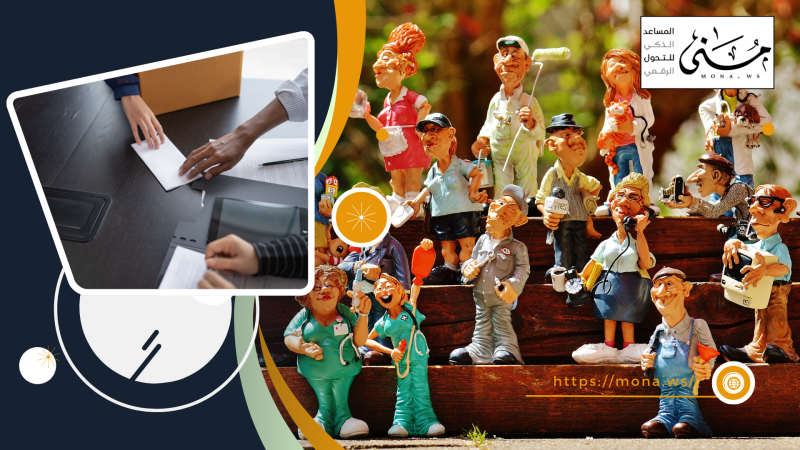


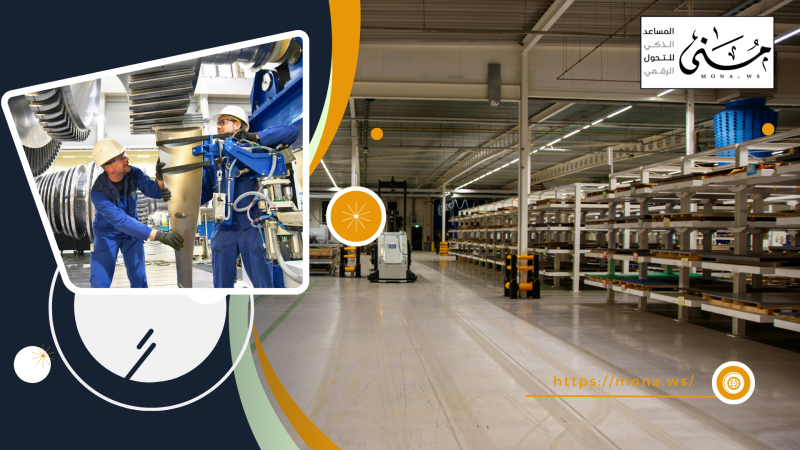
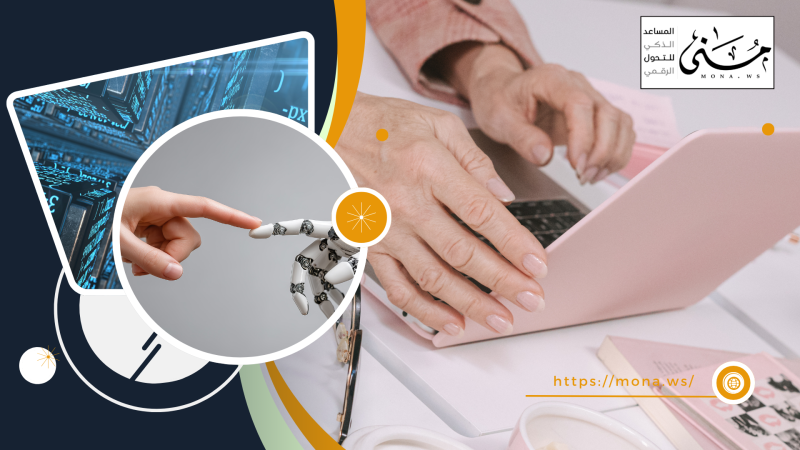

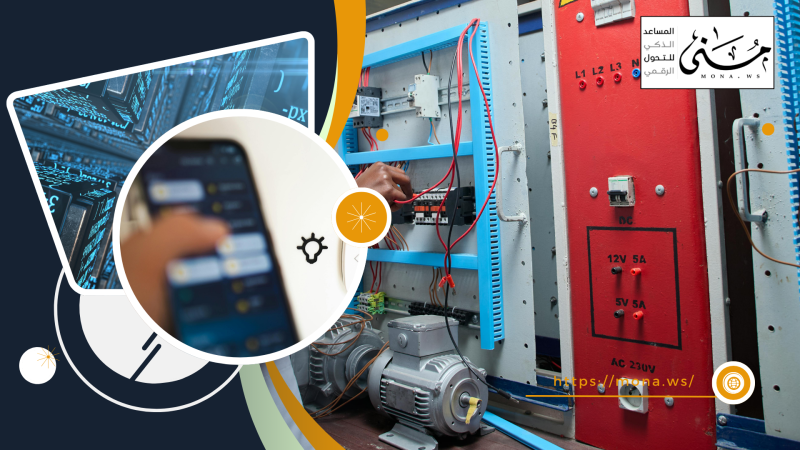

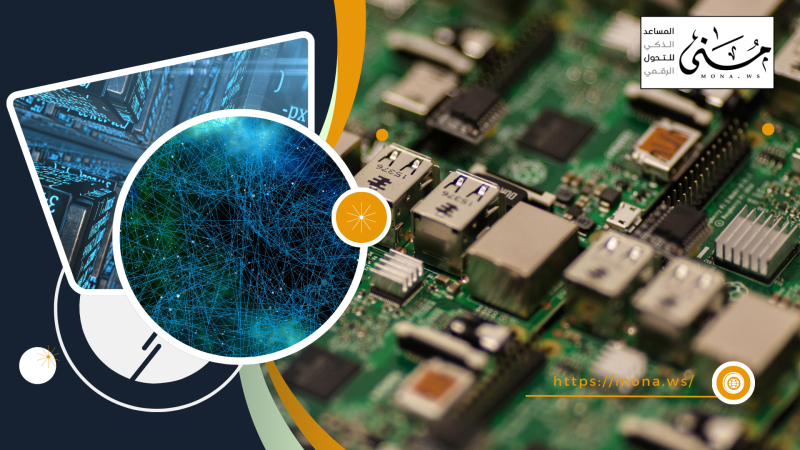
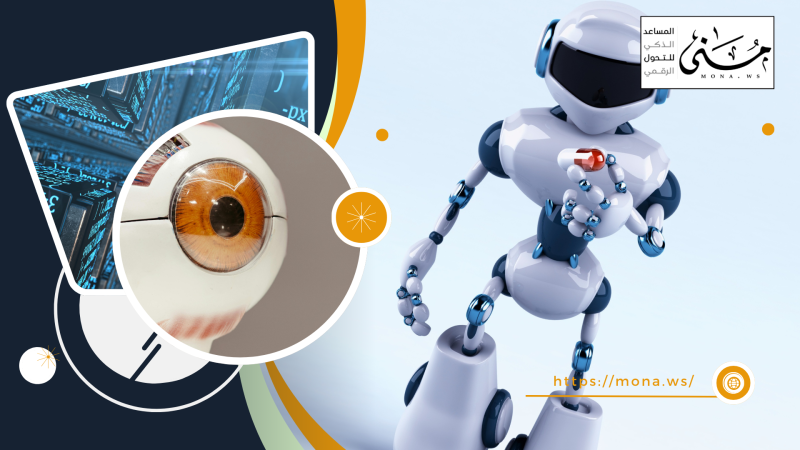
Comments
Add New Comment